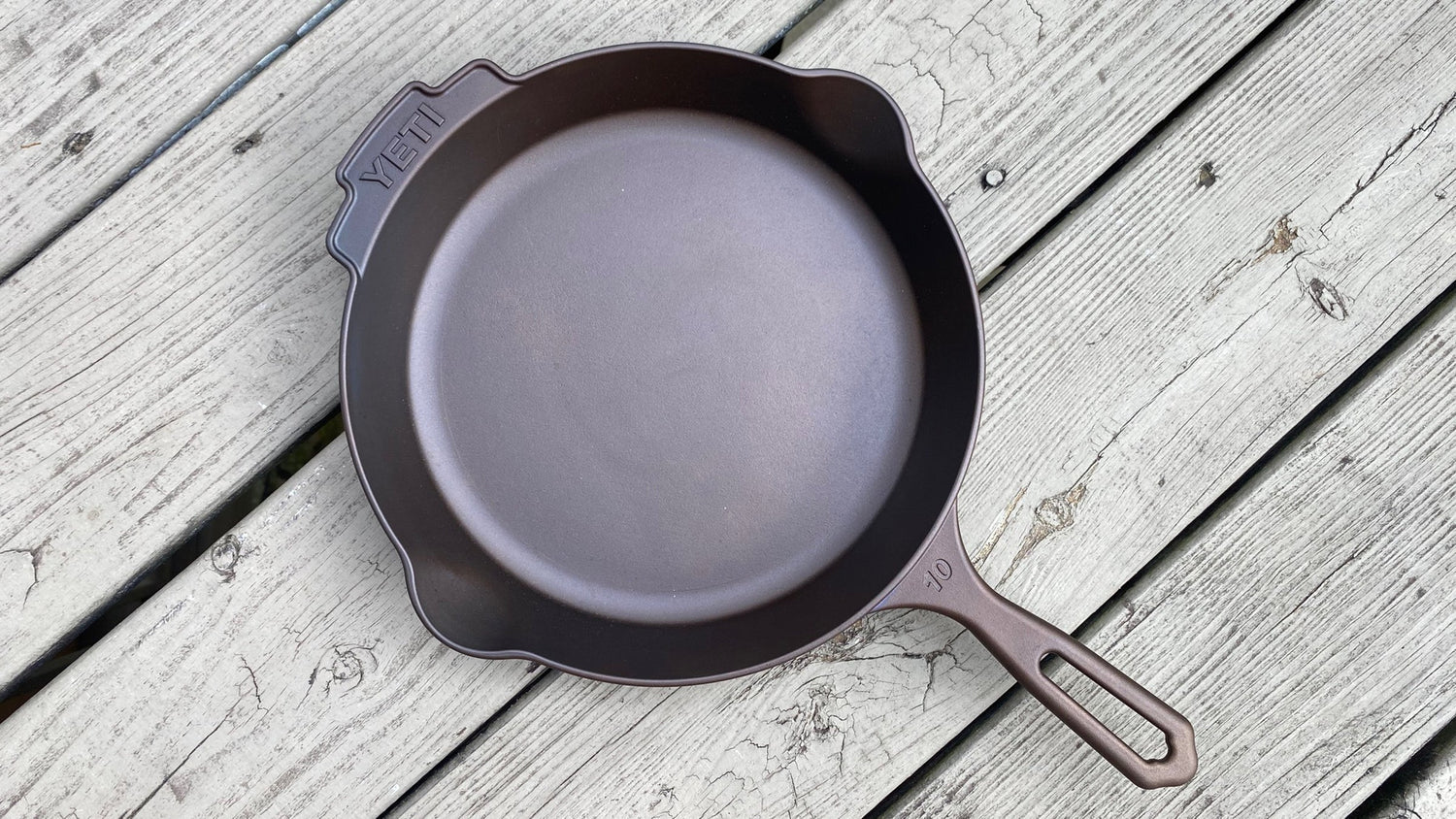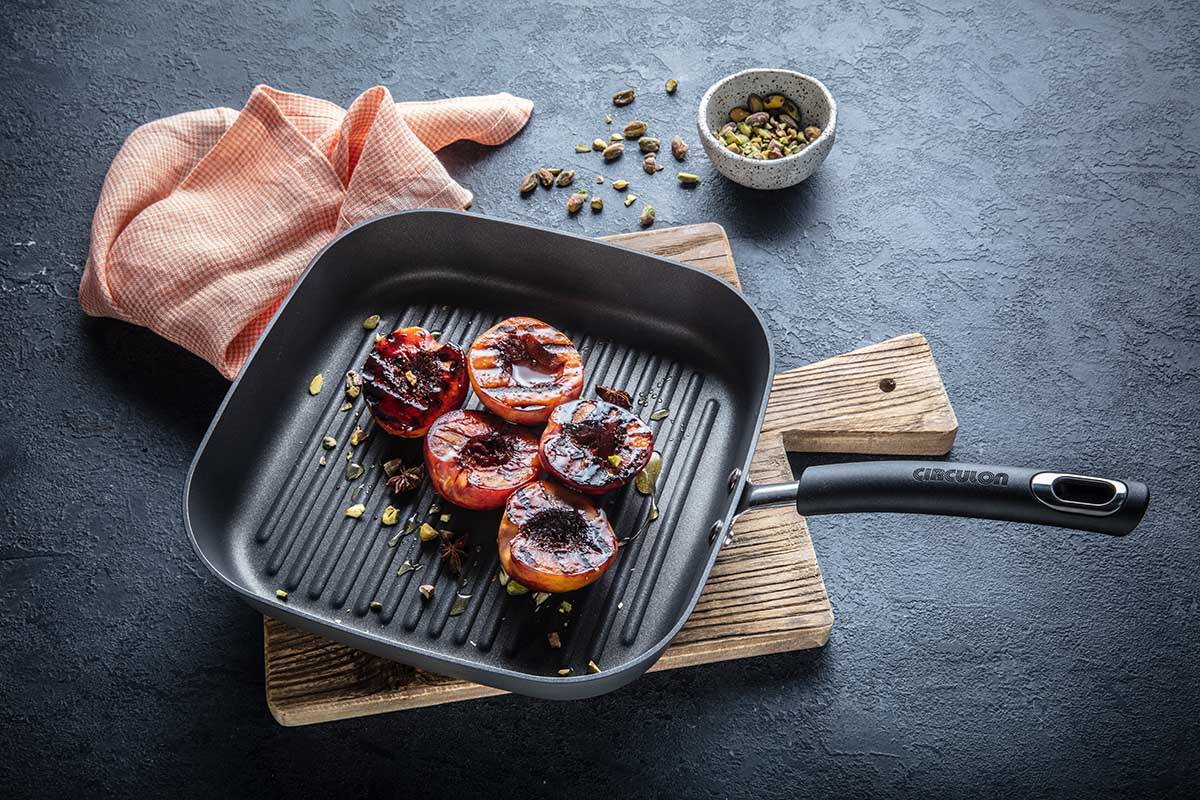For kitchen professionals, maintaining the quality of tools is as important as the culinary skills themselves. If you've ever faced that gut-wrenching moment when you realized you accidentally put dish soap in your beloved cast iron skillet, dont panic! This guide will help you navigate through the chaos into clarity. You can still save your skillet and bring it back to its former glory. Understanding the right techniques is key to restoring its functionality without damaging it.
First off, lets talk about why dish soap is considered the enemy of cast iron skillets. Unlike non-stick pans, cast iron skillets rely on seasoning a layer of polymerized oil that gives them their non-stick surface and protects them from rust. When you clean them with soap, it strips away this seasoning, leading to potential corrosion and food sticking issues in the future. However, all is not lost. With the right approach, you'll learn how to save a cast iron skillet that you accidentally put dish soap in!
:max_bytes(150000):strip_icc()/1-TheSpruce_CamrynRabideau1-c5e33b19b848450c903729034e6e4949.jpg)
Why Dish Soap is Harmful
Many people believe that using dish soap doesnt damage cast iron (and it doesnt when used correctly). But when you scrub through a well-seasoned pan with dish soap, it can remove essential seasoning the protective layer.
For kitchen professionals, it's crucial to note that even a small amount of soap can cause long-term damage, leading to unnecessary expenses. Not to mention, you might end up compromising the taste and integrity of your meals.
Immediate Steps to Take
As soon as you realize the mishap, follow these steps:
- Act Quickly: The sooner you address the situation, the better. Time is of the essence.
- Rinse with Water: Give your skillet a careful rinse with water to remove any soap residue. Avoid using hot water, as temperature fluctuations can potentially crack your skillet.
- Dry Properly: Use a clean cloth or paper towel to thoroughly dry your skillet. This step is essential to prevent rust.
Evaluating the Damage
Once you have rinsed and dried your skillet, assess the damage. Check if there are spots where the seasoning appears to be stripped away. These areas may need special attention during rehabilitation.
Re-seasoning Your Cast Iron Skillet
After the initial rinse and drying, re-seasoning is your best bet to restore your skillet's former glory. Heres how:
- Preheat Your Oven: Heat your oven to around 350-400 degrees Fahrenheit.
- Apply Oil: Use a paper towel to apply a thin layer of oil on the skillet, inside and out. Flaxseed oil, vegetable oil, or grapeseed oil work well.
- Bake: Place the skillet upside down in the oven with a baking sheet on the lower rack to catch any drips. Bake for about an hour.
- Cool Down: Leave the skillet in the oven as it cools down to ensure an even seal.
Preventative Measures for the Future
To prevent future mishaps involving dish soap and your cast iron cookware, here are some essential tips:
- Communicate: If youre working with a kitchen team, make sure everyone is aware of the guidelines for cleaning cast iron.
- Use Alternatives: Consider alternatives to soap like salt or water to cleanse your skillet without affecting its seasoning.
- Labeling: Clearly label your cast iron skillets to remind others of their special care needs.
Additional Cleaning Tips
If you're interested in cleaning your skillet without causing damage in the future, be informed about the dos and donts. Review seasoning methods for lasting results, or explore alternatives to cast iron by checking the best cooking utensils.

Frequently Asked Questions
1. Can I still use a skillet after putting dish soap in it?
Yes, you can still use it, but you will need to re-season it before using it for cooking.
2. How often should I season my cast iron skillet?
Its recommended to re-season your skillet when you notice food starting to stick or after cleaning with soap.
3. What oil is best for seasoning cast iron?
Flaxseed oil, grapeseed oil, and vegetable oil are the best choices for seasoning.
As an Amazon Associate, I earn from qualifying purchases.





Leave a comment
This site is protected by hCaptcha and the hCaptcha Privacy Policy and Terms of Service apply.